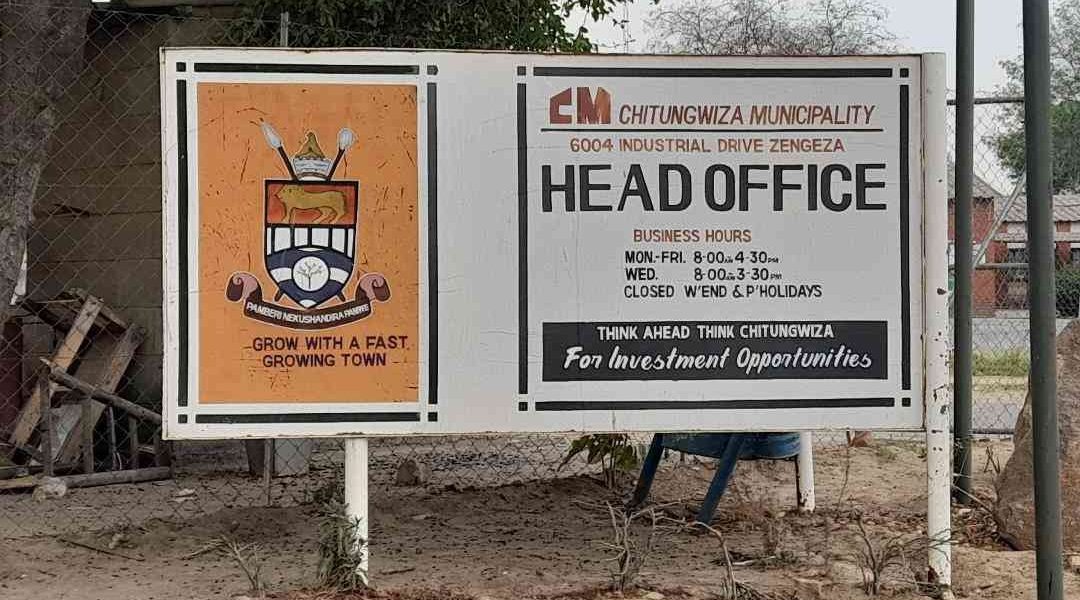Chitungwiza Municipality has unveiled an ambitious plan to transform the town from its long-standing role as Harare’s dormitory suburb into an independent, sustainable, and resilient urban centre by 2045.
The vision was outlined last week by the municipality’s Director of Works, Talent Mushinga, during a workshop where local authorities in the Harare Metropolitan Province presented updates on their draft master plans to Minister Charles Tavengwa.
Key proposals in Chitungwiza’s Master Plan include the expansion of the Town Centre, the development of four commercial corridors along Seke, Hadzinanhanga, Mharapara, and Chaminuka roads, and the creation of six major commercial hubs in areas such as Chigovanyika-Huruyadzo, Unit L, Makoni, St Mary’s Police Station, and Nyatsime.
Three new commercial centres are also planned for Nyatsime, Unit L Extension, and Damview.
Mushinga said infrastructure upgrades are central to the plan, with projects including new road construction, rehabilitation, installation of traffic signals, and paving from the Town Centre to Seke Road. He said:
The development of new health centres (including a district hospital, four new clinics, and four polyclinic upgrades), and a new cemetery in Manyame through joint identification and development is also envisioned.
High-order residential areas are planned for Nyatsime College (western end) and Anglican Church Land (Tilcor Road), alongside a traffic circle linking new and existing roads, a tourism-heritage trail, water and sewer augmentation, a civic centre, and new parks and leisure centres…
The goal is to enhance land use, bolster economic performance, improve social services, and strengthen public safety within the municipality.
Implementation of the master plan will be phased through short, medium, and long-term proposals, each with estimated costs.
Mushinga said the Chitungwiza 2045 Master Plan aims to achieve its vision by prioritising infrastructure self-sufficiency, optimising land use, and developing integrated commercial corridors and nodes.
Currently, Chitungwiza does not have a defined central business district and remains heavily dependent on Harare for commercial activity and essential services, including treated water.
The town’s wastewater treatment system has been non-functional for years, while urban planning efforts have been undermined by widespread land grabbing and informal development.
More: The Herald



Back to top